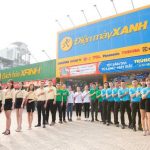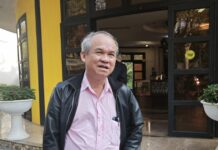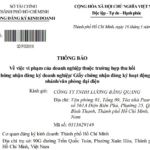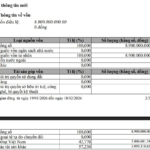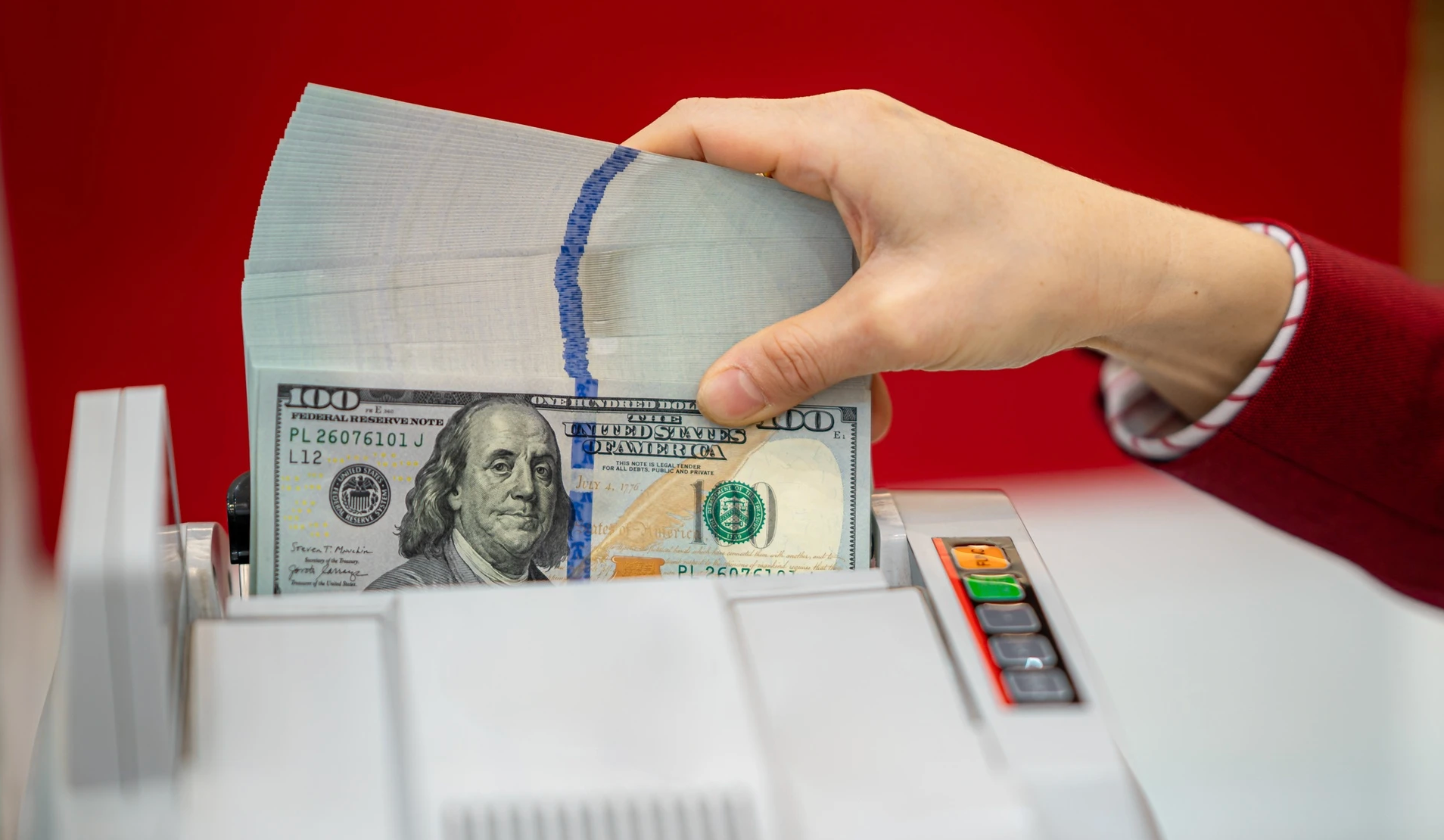
VIB Offers Stock Rewards to Its Employees
VIB, or the International Bank of Vietnam, has announced its plans to issue stock rewards to its employees. The bank will utilize over VND 110 billion from its equity capital to offer employee stock ownership plans (ESOP), amounting to a total of 11 million shares. At the current share price of VND 21,000, which has been maintained since the beginning of the year, these stock rewards are valued at over VND 230 billion.
The list of employees eligible for these rewards includes 1,918 individuals, with the number of shares ranging from 1,000 to 600,000 per person, depending on their position and work performance. This accounts for approximately 16% of VIB’s total workforce of 12,000 employees.
The employee with the highest reward is Mr. Le Quang Trung, the bank’s Capital Sources Director, who received nearly 620,000 shares, more than four times the amount received by the CEO, Han Ngoc Vu. Based on the closing price of VND 20,900 per share on July 26, the market value of Mr. Trung’s shares is estimated to be approximately VND 12.9 billion.
In 2023, the bank issued 7.6 million shares to 1,700 employees. Additionally, in 2019, VIB also implemented an ESOP program, issuing 7.8 million shares to its employees.
Apart from VIB, Techcombank is also planning to offer ESOPs. While the details of the 2024 ESOP issuance have not been mentioned in the annual general meeting’s documents and resolutions this year, the bank is preparing to implement this plan after receiving approval from the State Bank of Vietnam to increase its charter capital to VND 70,450 billion by issuing shares from its equity capital.

Previously, Techcombank issued 5.27 million ESOP shares, raising VND 52 billion and increasing its charter capital to VND 35,225 billion in 2023. In 2022, the bank offered 6.3 million ESOP shares to its employees, and from 2018 to 2021, Techcombank consistently maintained this program.
Additionally, Nam A Bank has also approved a regulation on issuing shares under its ESOP program. The bank plans to issue 50 million shares at a price of VND 10,000 per share, increasing its charter capital by VND 500 billion. The issuance ratio is equivalent to 4.726% of the circulating shares, and the offering is expected to take place in 2024.
The ESOP shares will be restricted from transfer for 100% of the total shares in the first year from the end of the offering. In the second year, 50% of the remaining shares will be unlocked.
ESOP, or Employee Stock Ownership Plan, is a strategy where companies sell shares to their outstanding employees at a discounted price, often significantly lower than the market price. This is considered a beneficial policy for employee welfare, as it does not incur high costs for the company. According to the accounting standards applied in Vietnam, the difference between the ESOP share price and the market price is not reflected in salary and bonus expenses. As a result, this welfare policy does not generate additional costs for the banks, and their reported profits are more attractive compared to cash bonuses.
In addition to being a strategy to retain talented employees, ESOPs also enable companies to increase their capital. However, these issuances can lead to a dilution of equity.
Bank stocks see strong foreign buying activity on February 20th
After the Lunar New Year, the ownership ratio of foreign investors in this bank unexpectedly decreased sharply from 29.99% (session on February 7th) to 27.09% (session on February 15th). After a significant release of foreign room, foreign investors have actively been accumulating shares of this bank.

